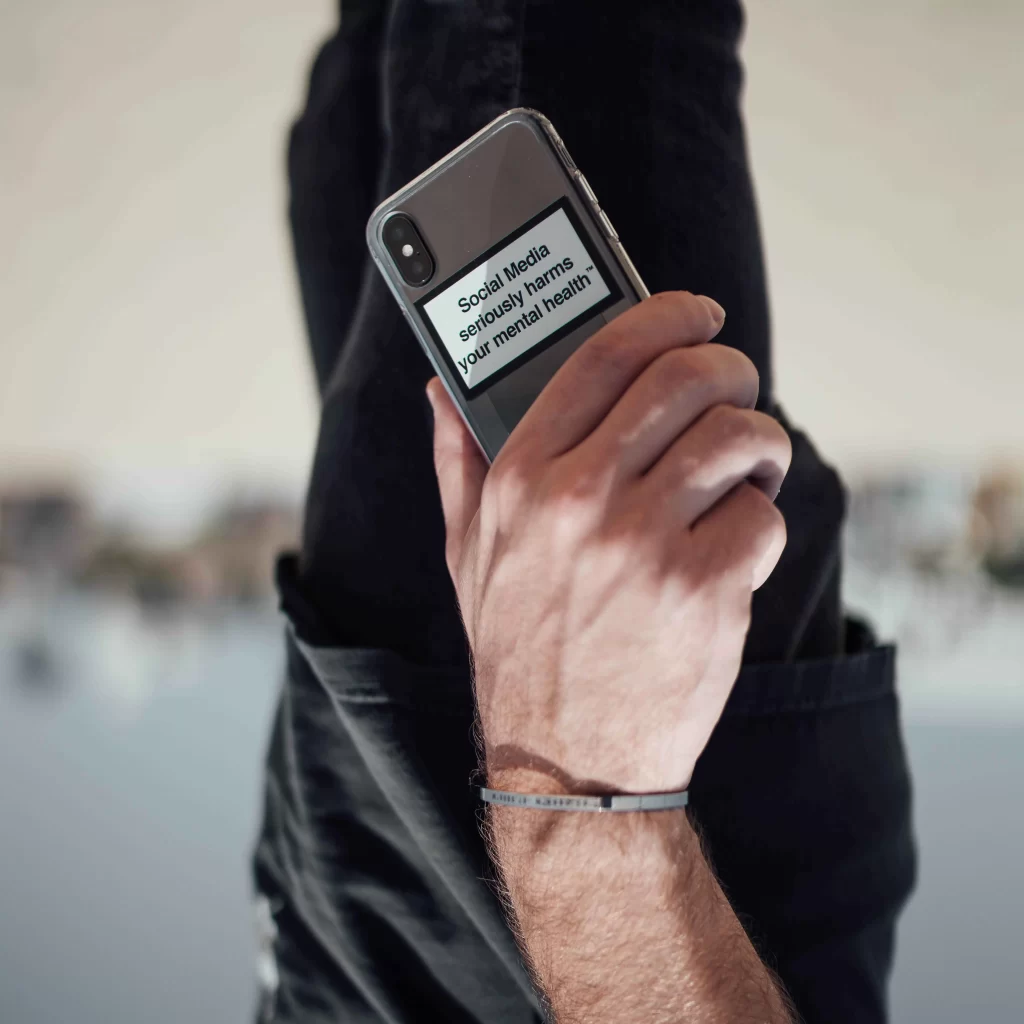Social media is a double-edged sword. While it brings countless opportunities to grow your company, it could also put you in a difficult position. You’ve probably seen how brands sometimes get involved in big disputes just because of a single tweet. Backlashes could harm your reputation and diminish your fan base. Eventually, it could impact your financial and moral status if you’re not careful.
While not all doom and gloom, it’s a risk you have to take. Social networks are integral parts of the public’s lives and a very fertile ground to invest in. It’s hard to imagine a company not using social platforms for their marketing benefit. Businesses of any scale take advantage of an online presence to promote their products, provide support, find new customers, and establish a nurturing relationship with their existing ones.

Along with all these advantages come great concerns that you shouldn’t ignore. Proper knowledge of how social media could hurt your business helps find your way around them and be well-prepared in case you get caught up in a mishap. Stick with us at Xino Digital to learn more about the negative impact of social media on your business.
Table of contents
Your reputation on social platforms is a house of cards
The hard-earned reputation of your brand could easily vanish if you don’t pay attention to negative user reviews. Social media has extremely empowered customers. The slightest complaint from them (justified or not) could go viral and badly damage your image. Remember that people care about what others say about a brand, product, or service, just as much as they care about a friend’s opinion.
You don’t want to leave those negative reviews unattended. Aim to improve your products or service as much as possible, but be wary that no matter how hard you try; there’s always at least one angry customer that publicly expresses dissatisfaction.
You have to contain the negative publicity by identifying and reacting properly to complaints on social media. It may cost a lot of resources, but it helps maintain a positive, trustworthy image of your brand. Be open to criticisms and respond with a polite and friendly tone.
You don’t have to reply to every negative feedback though. Simply responding to complaints without an actual intent and solution to rectify the situation could make things worse. Complainers will know if you try to get rid of them by giving meaningless responses.
The big dilemma of employees’ social activities
What would you do if an employee expresses a questionable opinion on his or her social account that could damage your reputation? This matter is a seriously tricky one and many companies struggle to handle it the proper way.
Whether they like it or not, your employees represent your company. Many people take their word as your word. Any sort of insensitive social posts from them could generate public rage against your brand. There’s also the problem of speaking on your behalf.
Nevertheless, employees are free citizens. You can’t deprive them of their right to express their opinion. It’s crucial to find the middle ground here. Standing at each end of the “subjugation-liberty” spectrum would be wrong. You need to have a strict and clear social media policy for employees that protects the company while not violating their essential rights.
Make it clear for employees that any kind of post, tweet, etc. that concerns your company in one way or another should have a disclaimer. You can require them to make their account private which is actually for their own benefit. Irresponsible remarks about race, gender, religion, and other sensitive subjects must be strictly prohibited. So does any inaccurate and unauthorized claim on the company’s behalf.
Those leaks… those damn leaks
If there’s one sure thing about social media, it’s that you can never stop information from spreading. Without a doubt that’s a serious negative impact of social media.
Once something is out, it’s out for good. You don’t want it to be your confidential competitive advantage. Private corporate information could easily leak by a careless post of an employee or lack of coordination between departments. By the time you try to stop it, it’s already been viewed by countless users.

Prohibiting personal social media activity during work hours is one way to stop this kind of scenario. Regularly remind your employees of how leaked information could harm the company and their own hard work. To prevent any sort of sabotage or cyber threat, train your employees on how to secure their accounts and pay much attention and resources for robust corporate privacy and security measures.


Leave a Reply